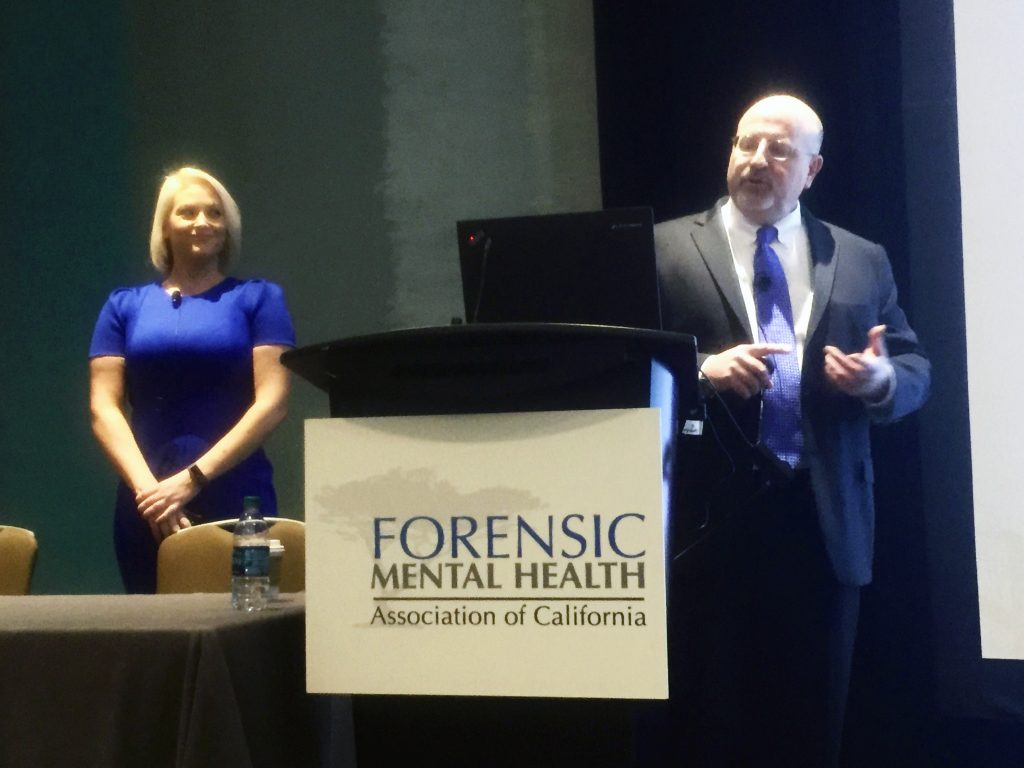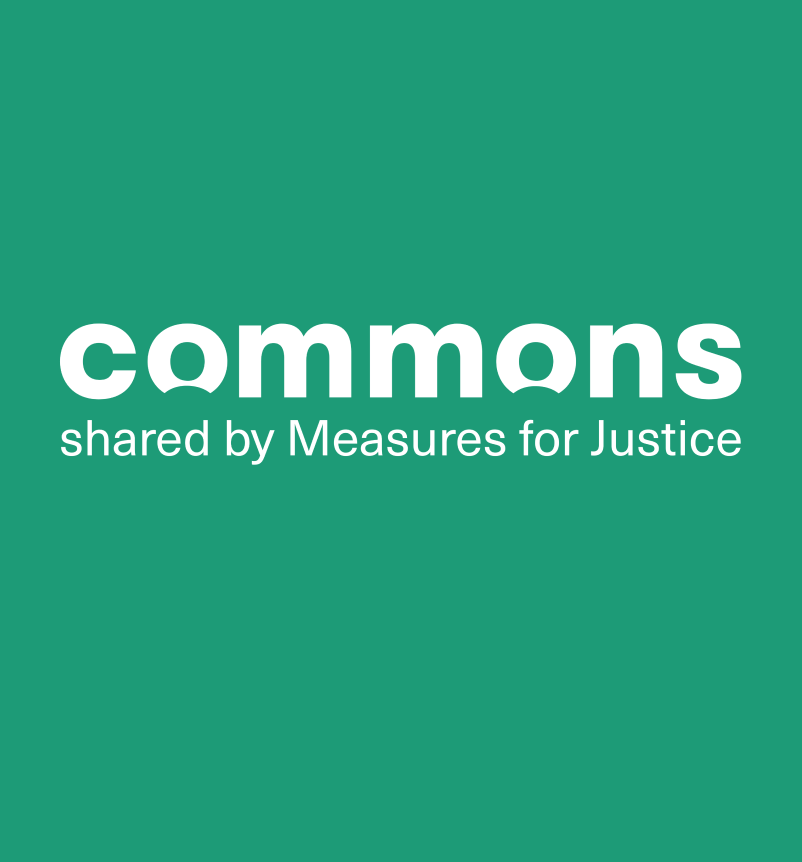(Woodland, CA) – March 19, 2019 – Kristi Abbott, the Clinical Supervisor of Yolo County’s Forensic Mental Health Court team, and Supervising Deputy District Attorney Chris Bulkeley presented on the innovative Restorative Justice component of Yolo County’s Mental Health Court at the 44th annual Forensic Mental Health Association of California (FMHAC) conference in Monterey, CA on March 14, 2019. FMHAC is committed to the goal of first-rate evaluation and treatment of mentally ill offenders through quality education and training to forensic mental health professionals in a variety of disciplines.
The conference started on March 13 with an opening address from Susan Burton who shared her personal story of how she turned to drugs and alcohol and spent 20 years revolving through the cycle of incarceration at various California state prisons. Drawing on her personal experiences, she founded A New Way of Life Re-Entry Project in Los Angeles in 1998, dedicating her life to helping other women break the cycle of incarceration. UC Davis psychiatrist Dr. Charles Scott then gave the keynote address on the medical and legal issues related to offenders who misuse substances. During the following two days the 500 attendees had various options to attend over 25 breakout sessions.
On Thursday, Abbott and Bulkeley gave a 90-minute presentation to a crowd of over 100 on the Restorative Justice component of Yolo County’s collaborative courts that focus on people with mental health issues and substance use disorders. Restorative Justice has seen worldwide growth since the 1990s and is starting to be used in criminal cases, prisons and schools. Restorative Justice is an alternative theory of justice emphasizes repairing the harm caused by criminal behavior, compared to the traditional theories of justice which emphasize retribution. It requires offenders take accountability for their actions and the harm they have caused.
Abbott and Bulkeley gave a broad overview of the Restorative Justice process and the potential barriers of implementing it with the Seriously Mental Ill target population. They discussed how Yolo’s team incorporated Restorative Justice into Yolo County’s Mental Health Court and the Proposition 47-funded Steps to Success Mental Health and Substance Abuse Diversion program, and how these differ from more traditional Restorative Justice programs. Videotaped interviews of Mental Health Court graduate Jessie Tessler and her mother Courtney Tessler were shown to illustrate the powerful nature of Restorative Justice. Jessie explained how the team helped her understand the harm she had caused her family as well as helping her express her remorse to her mother and father. Courtney discussed how the Restorative Justice process allowed her to share the pain she and her husband felt after they had put so much time and energy into helping Jessie for so many years only to have their trust betrayed when she started stealing from them.
After the presentation, Abbott and Bulkeley entertained questions from the audience. One social worker who worked for the Public Defender’s Office at a Central Valley county asked for advice on convincing her Mental Health Court team to implement such an innovative program and how to find the funding to support it. Another asked how this program works with the new Mental Health Diversion law. Abbott and Bulkeley said they would be happy to provide documents on the program and assist with the implementation of a Restorative Justice program. They also explained that in Yolo County the Mental Health Diversion law has not been used much to date because many who would be eligible are already having their cases diverted due to the Steps to Success program.
Abbott and Bulkeley were supported by a full-compliment of Yolo’s team, including Chief Deputy Public Defender Allison Zuvela, Chief Deputy District Attorney Jonathan Raven, Sheriff’s Jail Lt. Drella Hunter, Probation Officers Stephen Svetich and Sean Schaer, forensic psychologist Dr. Allison Steffensen, and Behavioral Health Case Manager Terri Lipelt.
###


